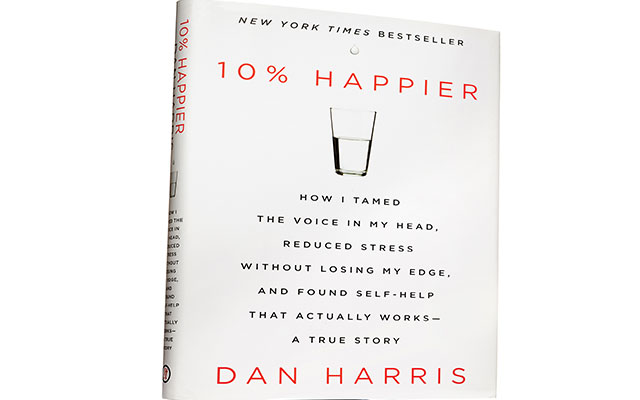The Dalai Lama sagely said: “If you want others to be happy, practice compassion. If you want to be happy, practice compassion.” Now, top-tier research confirms that being compassionate is good for us, altering our physiology to boost not just happiness but well-being.
The Center for Compassion and Altruism Research and Education (CCARE) at Stanford University is exploring how compassion — a natural desire to soothe others’ suffering that can be seen in children as young as 18 months — is expressed in the brain and how it affects our peripheral physiology.
CCARE researchers find that compassion triggers a powerful biological response. “We know that when somebody is compassionate with intent, it leads to an increase in vagal tone, which is the neuroconnection between your brain, heart, and other organs in your body,” says James R. Doty, MD, Stanford neurosurgery professor and CCARE founder.
That downregulates your body’s sympathetic nervous system (its fight-or-flight mechanism) and upregulates your parasympathetic nervous system (its rest-and-relax mechanism).
While operating in a compassionate mindset, says Doty, “you’re relaxed, you’re open, your heart rate and blood pressure decrease, and you are much more creative and open to new ideas. You look at the world in a completely different way. And the ultimate effect is that you are healthier and happier.”



This Post Has 0 Comments